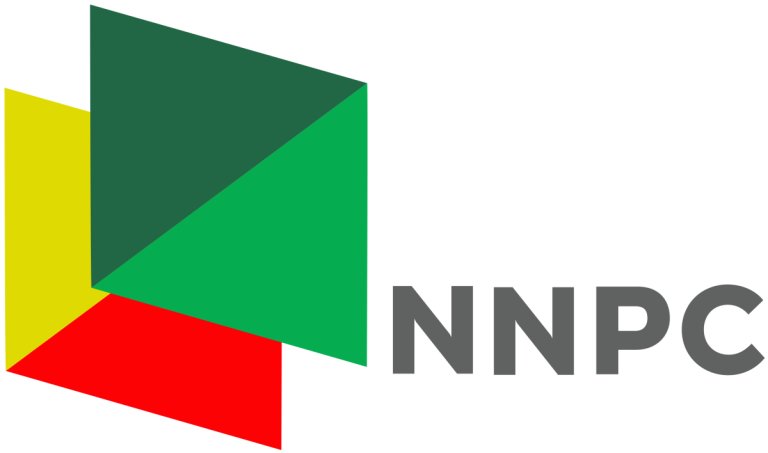The Nigerian National Petroleum Company Limited has eventually spoken up as regards the widespread concern of a possible hike in the pump price of Premium Motor Spirit, popularly called petrol.
In a post by the company, posted around 11:48pm on Monday on its official X (formerly Twitter) handle, the national oil firm and major importer of petrol into Nigeria, said it had no intention to increase the pump price of petrol.
“Dear esteemed customers, we at NNPCL Retail value your patronage, and we do not have the intention to increase our PMS pump prices as widely speculated.
“Please buy the best quality products at the most affordable prices at our NNPCL Retail stations nationwide,” the company stated.

The warning came barely one week after the local currency crossed the N900/dollar ceiling, with the naira selling at over 945/dollar at the parallel market on Friday.
The oil dealers had also said the CBN Importers and Exporters’ official window for foreign exchange, which boasts of a lower exchange rate of about $740/litre, had remained illiquid and unable to provide the $25m to $30m required for the importation of PMS by dealers.
Our correspondent had asked the spokesperson of NNPCL, Garba-Deen Muhammad, on Monday, if the oil firm would hike petrol price as projected by dealers, but he promised to find out and revert.
He, however, did not revert, rather the company posted its response on X (formerly Twitter) around midnight on Monday.
Also Read:
- Ex-Rivers LG chairmen visit Fubara, pledge loyalty
- In 10 years, AI will replace many doctors, teachers – Bill Gates
- Edo APC accuses PDP of planning to sponsor protests against Okpebholo
- Recall: INEC notifies Natasha, Akpabio
- Osun re-presents ex-finance commissioner as nominee on Living Trust Bank’s board
Also, the Nigeria Labour Congress had on Monday warned that its members would commence a nationwide strike without any formal notice if marketers increased the pump price of petrol without concluding the ongoing negotiations.
The NLC President, Joe Ajaero, admonished the Federal Government to stop the falling value of the naira.
In the aftermath of the fuel subsidy removal in May, the organised labour had attempted to down-tool over the skyrocketing prices of goods and services but the Federal Government secured an injunction from the National Industrial Court barring them from embarking on strike.


